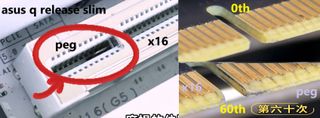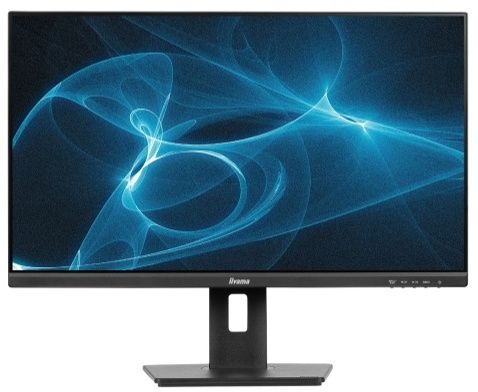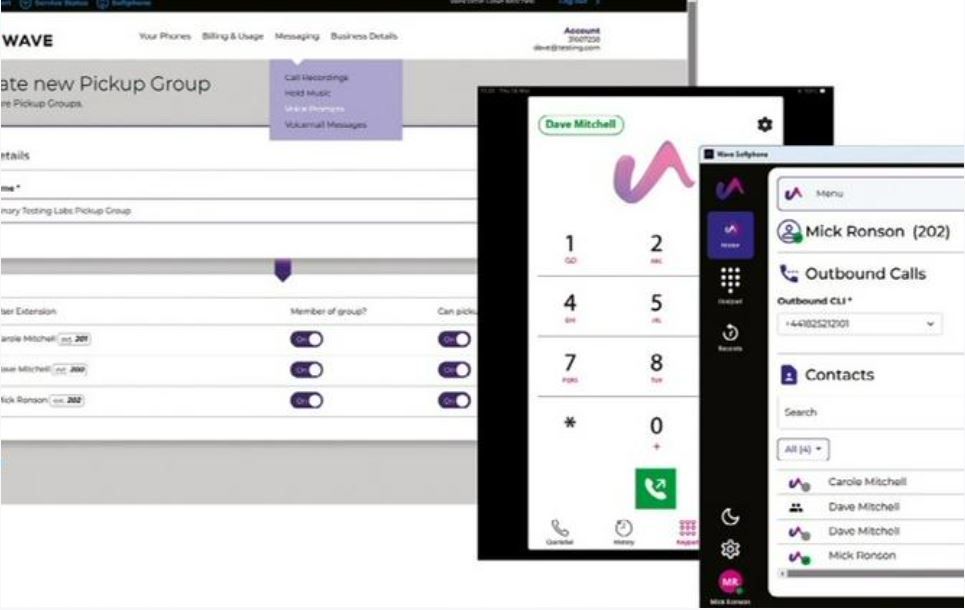New reports suggest that Asus' newly launched Q-Release Slim feature can damage your GPU's PCIe connector. As HXL and Andreas Schilling from HardwareLuxx shared, frequently unseating your GPU using this ejection mechanism can scrape off the sides of the connector. While there haven't been any reports of broken PCIe gold fingers, insight from Uniko's Hardware suggests a design flaw in Asus' implementation. This news is particularly alarming as it comes hot on the heels of the $2,000 RTX 5090.
For some context, Asus debuted the first iteration of its Q-Release feature on its high-end ROG motherboards in 2021. With the press of a button, you can release your GPU's PCIe latch without having to worry about bulky CPU coolers or needing raccoon-sized fingers. Asus announced Q-Release Slim in August last year, improving on the previous design. Available on 800-series AMD and Intel motherboards, this feature lets you eject your GPU by simply tilting the card while pulling it upward.
However, innovation isn't always smooth sailing, as new reports indicate that Asus' implementation can potentially scratch your GPU. A metallic piece embedded on the peg side of the PCIe slot on the motherboard, scrapes against the GPU's PCIe connector. This particular issue is accelerated when you take your GPU in and out of the PC a lot. Something that GPU reviewers and overclockers will do with some frequency.
In the shared image, after around 60 removals, there are visible signs of wear and tear, and the connector looks partially deformed from the side. However, the gold fingers or traces essential for the GPU's functionality remain untouched.

Based on the cases we've seen while researching this story, the damage is purely cosmetic but may affect the resale value of your GPU. Asus has not yet published a statement on the matter. If you're encountering the same issue, we recommend contacting customer support.
Not all users with these motherboards are affected, but that could boil down to how frequently they plug and unplug their GPU. You may try gently removing your GPU as a remedy or using another full-sized PCIe slot. Maybe change your motherboard altogether?

 2 days ago
5
2 days ago
5








 English (US) ·
English (US) ·